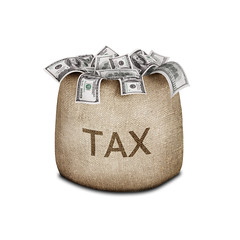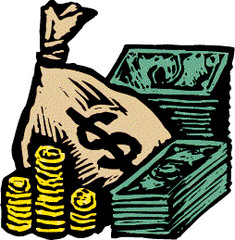AMSCO AP US History Chapter 19 Flashcards
AMSCO United States History 2015 Edition, Chapter 19 The Politics of the Gilded Age, 1877-1900
Terms : Hide Images [1]
| 8715145933 | laissez-faire | The idea that government should do little to interfer with the free market. (p. 380) |  | 0 |
| 8715145934 | patronage politics | The use of government resources to reward individuals for their electoral support. (p. 381) |  | 1 |
| 8715145935 | "Solid South" | From 1877 until the 1950s, the Democrats could count on winning every election here. (p. 381) |  | 2 |
| 8715145936 | Catholics, Luterans, Jews | Democrats were usually from these religions and they were against temperance and prohibition campaigns. (p. 381) |  | 3 |
| 8715145937 | Stalwarts, Halfbreeds, and Mugwumps | Groups which competed for lucrative jobs in the patronage system. (p. 381) |  | 4 |
| 8715145938 | Election of 1880 | James A. Garfield was elected president in a very close election. His vice president was Chester A. Arthur. (p. 382) |  | 5 |
| 8715145939 | Chester A. Arthur | He became president after James Garfield died of a gun shot wound. (p. 383) |  | 6 |
| 8715145940 | Pendleton Act of 1881 | Set up by the Civil Service Commission, it created a system where federal jobs were awarded based on competitive exams. (p. 384) |  | 7 |
| 8715145941 | civil service reform | Public outrage over the assassination of President Garfield pushed Congress to remove some jobs from control of party patronage. (p. 384) |  | 8 |
| 8715145942 | Grover Cleveland | In 1884, he was elected president of the United States. He was the first Democratic president since 1856. (p. 383) |  | 9 |
| 8715145943 | McKinley Tariff of 1890 | In 1890, this tariff raised the tax on foreign products to a peacetime high of 48 percent. (p 386) |  | 10 |
| 8715145944 | "hard" money | Money backed by gold, supported by banks and creditors (p. 384) |  | 11 |
| 8715145945 | "soft" money | paper money not backed by specie (gold or silver), supported by debtors (such as farmers who took out loans) (p. 384) | 12 | |
| 8715145948 | Greenback party | This political party was formed by supporters of paper money not backed by gold or silver. (p. 384) |  | 13 |
| 8715145951 | Farmers' Alliance | In 1890, this group of discontented farmers elected senators, representatives, governors, and majorities in state legislatures in the West. (p. 386) |  | 14 |
| 8715145952 | Omaha Platform | In 1892, the Populist party met in Omaha, Nebraska to draft this political platform and nominate a presidential candidate. (p 386) |  | 15 |
| 8715145953 | Panic of 1893 | In 1893, the stock market crashed as a result of speculation in railroad companies. One of the worst and longest depressions in U.S. history. (p. 387) |  | 16 |
| 8715145954 | Coxey's Army | In 1894, Populist Jacob A. Coxey led a march to Washington to demand that the federal government spend $500 million on public works programs. (p. 388) |  | 17 |
| 8715145955 | William Jennings Bryan | The 1896 Democratic nominee for president who appealed to the Populists. (p. 388) |  | 18 |
| 8715145956 | "Cross of Gold" Speech | William Jennings Bryan gave this speech at the 1896 Democratic convention. The prosilver and anti-gold speech assured him of the nomination. (p. 389) |  | 19 |
